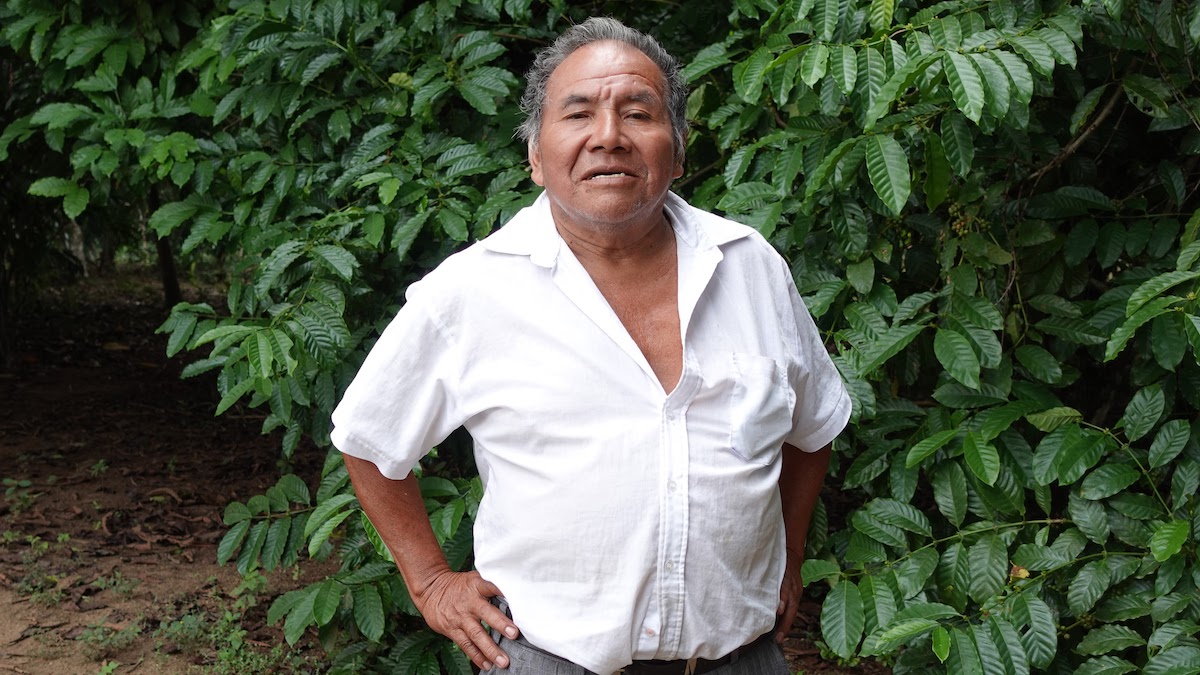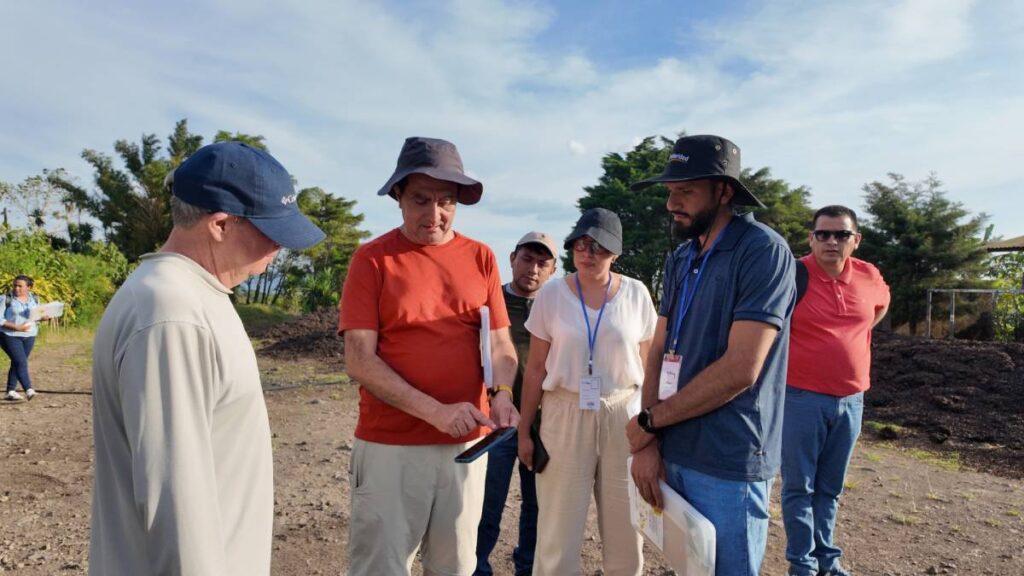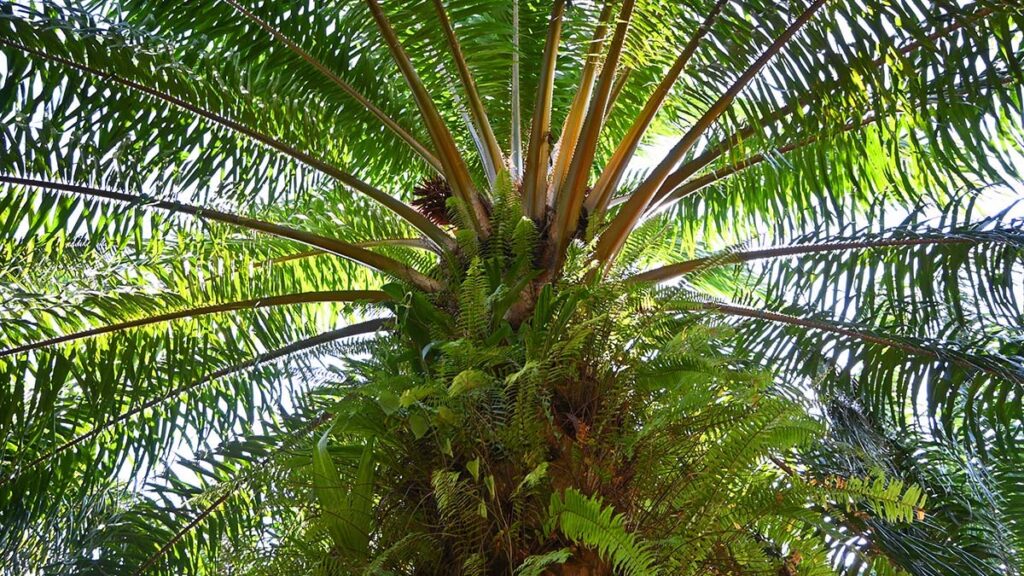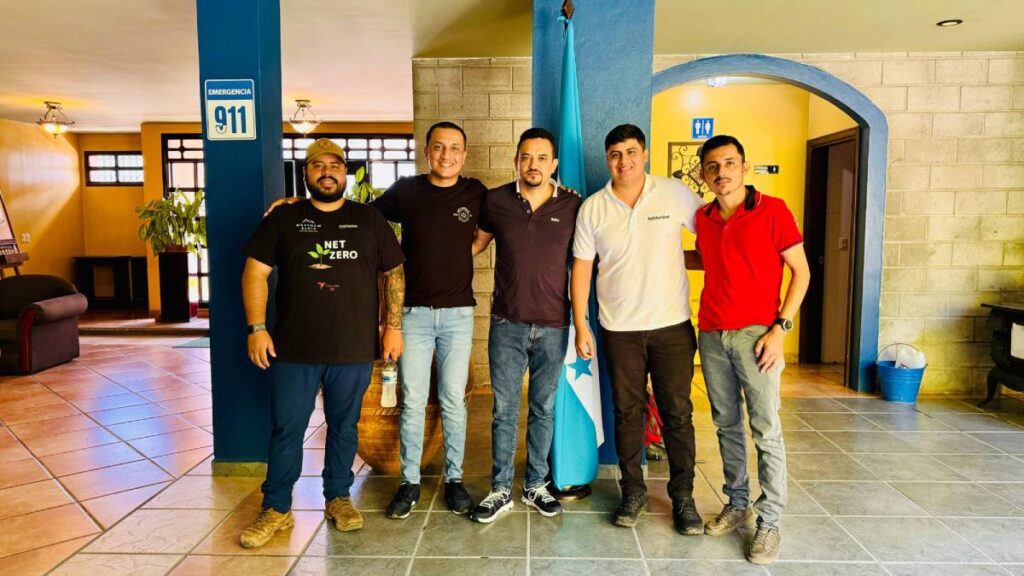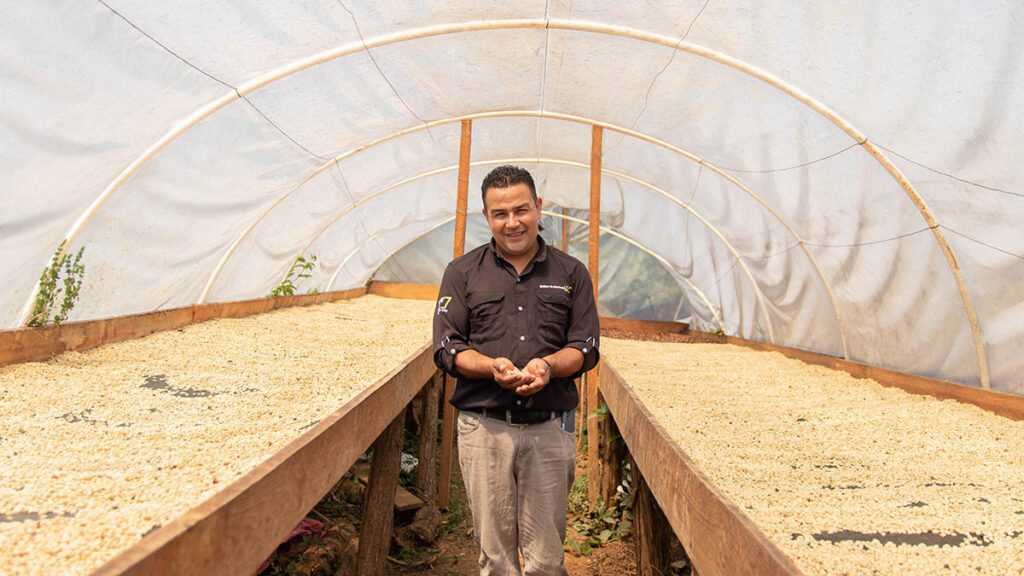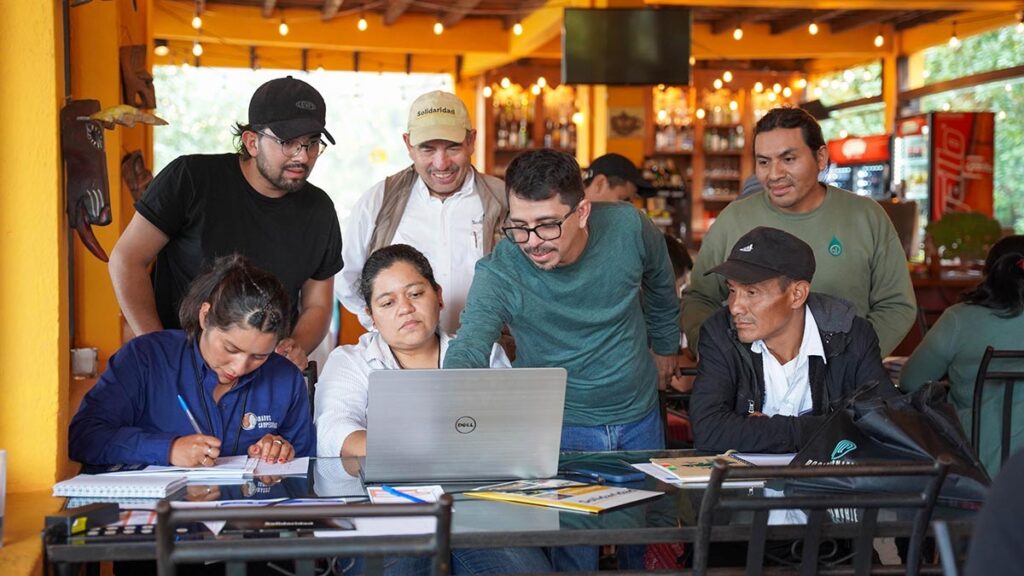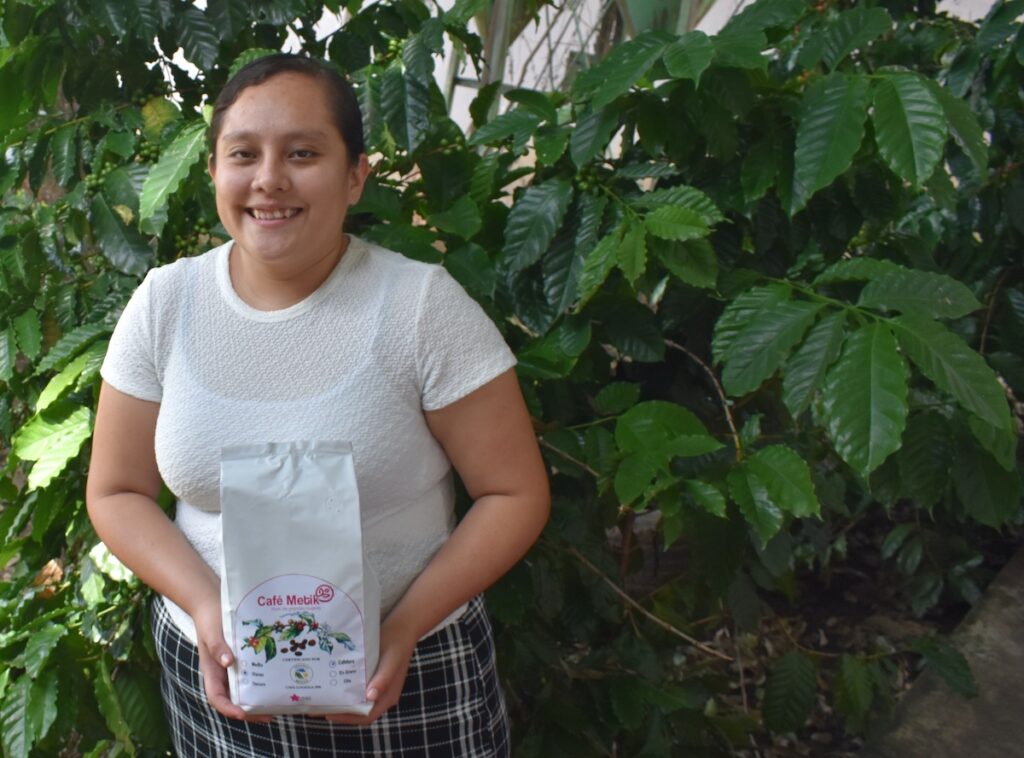Some communities don’t offer their residents many livelihood opportunities. This is the case of the Ixcán region in Guatemala, where throughout the years, the population has been vulnerable to extreme climate events and other issues. Not only is the Ixcán community secluded from urban centers (and markets) in Guatemala, but also due to a 30-year-long armed conflict that particularly affected this region, the population has had access to limited means for generating wealth and prosperity.
This is the context in which Solidaridad’s project for smallholders has developed since 2019, in partnership with Palmas del Ixcán and Cargill. Today, any initiative promoting sustainable practices in oil palm —which has been a controversial crop for many years, for various reasons— is subject to criticism by stakeholders, both internal and external to the community developing the initiative, regardless of the country or context. But we think there is more to it, especially when it comes to smallholders.
Palmas del Ixcán promoters guide us to improve our practices
Cristobal Choc, a Q’eqchi man from the Ixcán region, is working with Solidaridad and the Palmas del Ixcán-Cargill RSPO certification project. Despite facing numerous challenges, Cristobal has learned and applied best practices and is now a leader in his community of fellow palm smallholders, who frequently wonder how Cristobal has achieved such good results. One important aspect he has learned in his good practices training is that plants require the appropriate care and nourishment to increase fruit production.
I learned plants are like human beings; we need to examine them for disease. We have to examine the palm plant, the leaves and the soil. Just like a person needs nourishment, so does the palm.
Cristobal Choc
Cristobal’s success is mostly due to how hard-working he is; this is clear. However, he reports that working with the Palmas del Ixcán promoters has helped him to understand and apply the good practices that make his farm thrive.
“I feel sorry when corn farmers harvest corn; they have no promoters to guide them. They don’t know how to grow corn. On the other hand, we as palm famers, we do know. They guide us to understand what has to be done,” Cristobal continued.
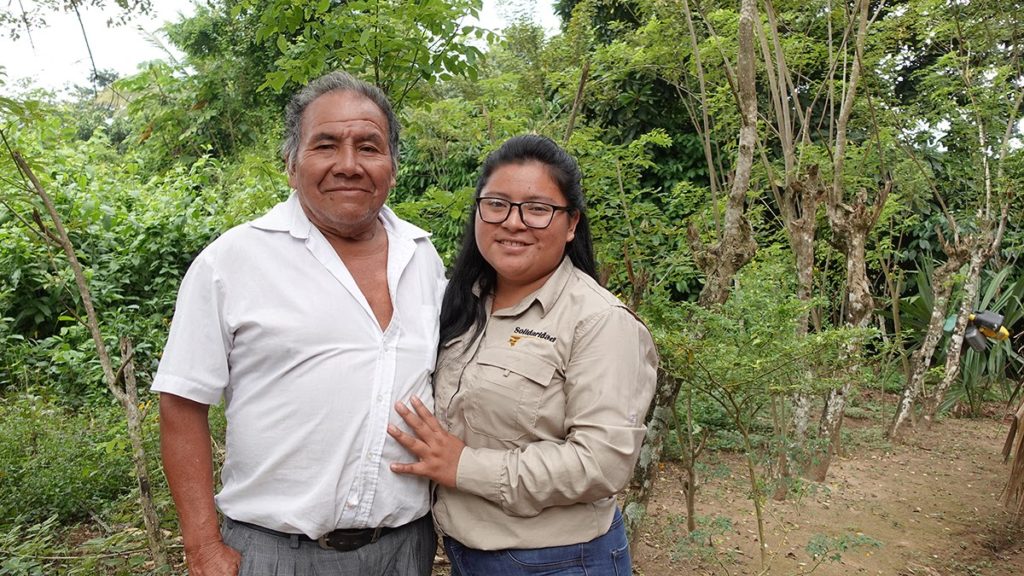
His daughter, Patty, became an agriculture promoter through a course in the project. Patty uses her skills to close technological and communication gaps, since besides explaining the use of Farm Diary to smallholders, she also acts as a Q’eqchi-Spanish interpreter for members of the palm producer community. She has been instrumental in helping the community understand why it’s important to take care of natural resources and the environment.
Success in the palm plantation means growth for the community
When farm productivity rises, it enables smallholders to improve their livelihood and quality of life for their families. Cristobal reminisced about an experience exchange visit he participated in, where he visited palm plantations in Honduras to learn from the success of other smallholders.
“After that visit to Honduras, I know my goal is to get my production to 30 tons per hectare. It’s a hard goal to have, but what I know about palm is that I have made some progress. I used to grow corn, but I never had the results I have with palm. With all my children, I was able to finance part of their education with income from my palm plantation. And now I am building a large house. That’s what palm production has given to me,” said Cristobal.
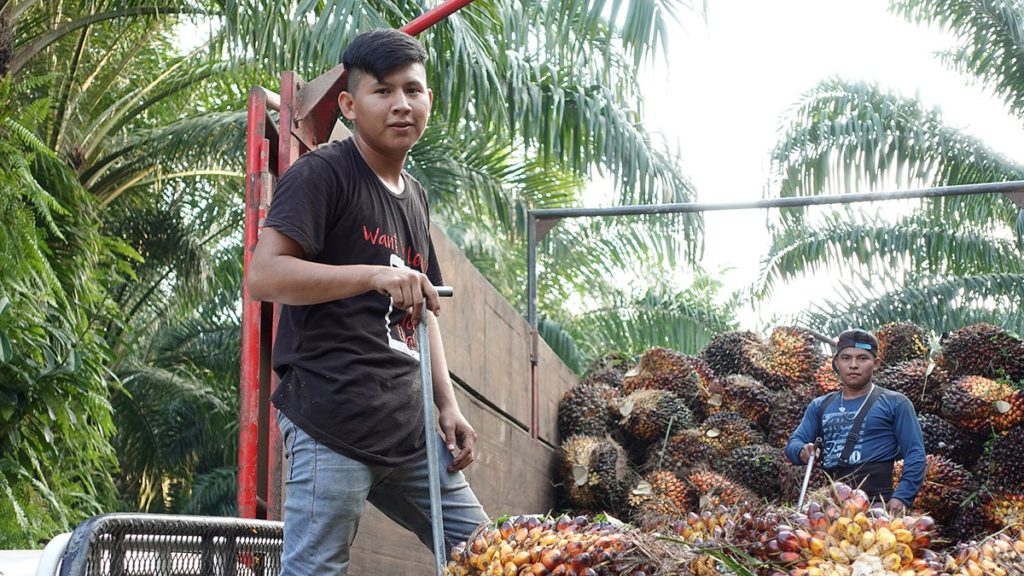
Aside from bringing additional income to his family, Cristobal says that palm creates growth for the community, as well, through additional services like transportation services for the fruit bunches.
“Many people can benefit from palm. It’s a win for the gas station, for the driver, for the workers, and for the smallholder. Two of my sons are good drivers and the other two, my daughters, I am teaching them to learn to drive as well,” Cristobal continued.
Cristobal and his family have seen first-hand how investing in sustainable practices pays off. Cristobal shared how his business has grown through describing the progress in his transportation of the fruit bunches.
The Chocs are one family in Ixcán but share the story of many worldwide
As Cristobal has shared with us, the Solidaridad and Palmas del Ixcán project is focused on training in sustainability practices that have strengthened livelihoods and income for other smallholders in the Ixcán community. By also engaging young producers like Patty and Wilson, the Ixcán community will continue to benefit from an expanded market and technological innovations.
It may be difficult for many of us to imagine that, in certain contexts, palm production could be the best option for a farmer. However, throughout the world there are thousands of smallholder producers like Cristobal who, for geographical, historical or environmental reasons, have proven that oil palm is their best option for their livelihood. And so long as this is the case for smallholders, Solidaridad will keep building on local capacity that continuously works for the sustainability of their communities, even after our interventions are completed.

